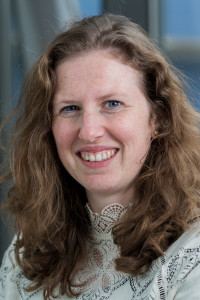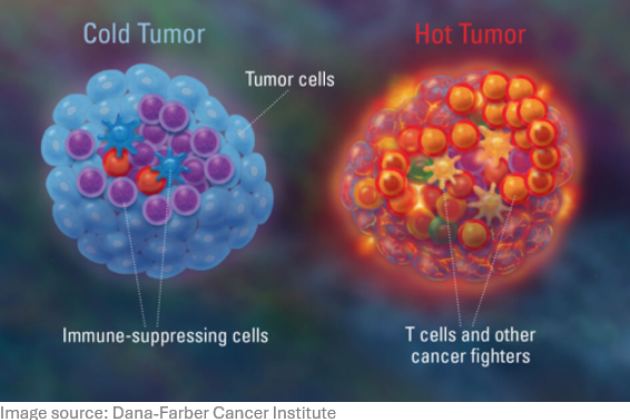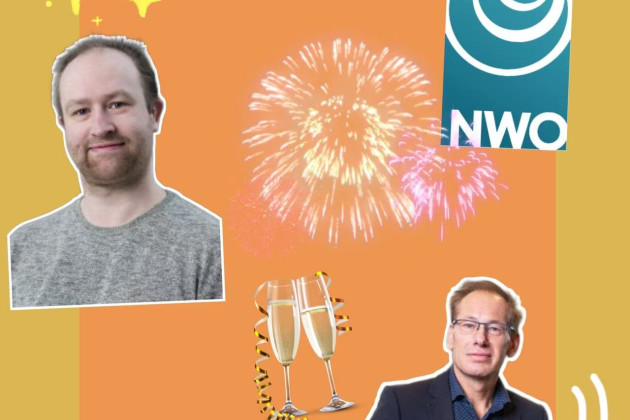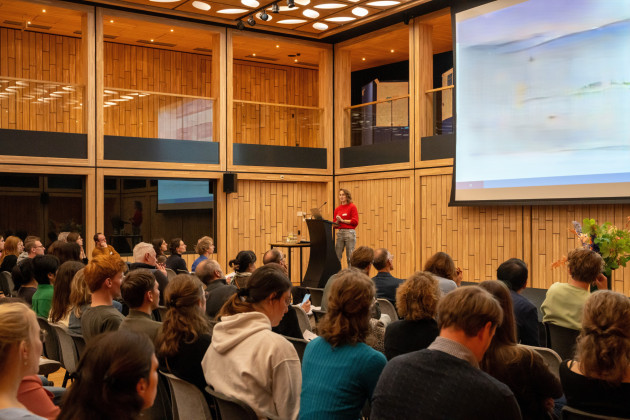POSTDOCTORAL RESEARCHER

The use of immunotherapy to treat cancer has gained substantial attention in the past decade due to encouraging results in the clinic. Effective immunotherapies are checkpoint inhibitors that rely on the blockade of PD1 and CTLA4 inhibitory pathways by monoclonal antibodies (antagonists). However, not all patients respond to these checkpoint inhibitors and therefore combinatorial treatments with agonistic antibodies directed against immune costimulatory receptors are under investigation.
Our objective is to understand the mechanisms of costimulatory signaling and the potential synergy with immune checkpoint blockade and further aim to use this knowledge for the clinical application to improve immunotherapy.
I enrolled my master studies at the University of Utrecht, The Netherlands, obtaining my first research training at the laboratory of Prof. Meyaard at the department of Translational Immunology of Utrecht University Medical Center. My second internship was at the laboratory of Prof. Pezacki at the Biochemistry department of the University of Ottawa, Canada, after which I graduated (cum laude). I obtained my PhD degree on avian paramyxoviruses and their application in oncolytic viro-immunotherapy at the laboratory of Dr. Bernadette van den Hoogen, Prof. Casper van Eijck and Prof. Ron Fouchier at the Erasmus Medical Center, Rotterdam. During these doctoral studies, I developed and characterized new viral vectors to improve environmental safety and treatment efficacy of oncolytic viruses. From 2020 until 2023, I worked as a scientist at Immunetune, in close collaboration with the LUMC, on synthetic linear DNA as a novel platform for personalized neoantigen vaccines. In 2023, I started working at the LUMC to contribute further to the development of immune modulatory therapies against cancer in the group of Ramon Arens.



Looking for information on one of our topics, a new place to conduct your research or connect to experienced researchers to join forces with? Feel free to contact us!